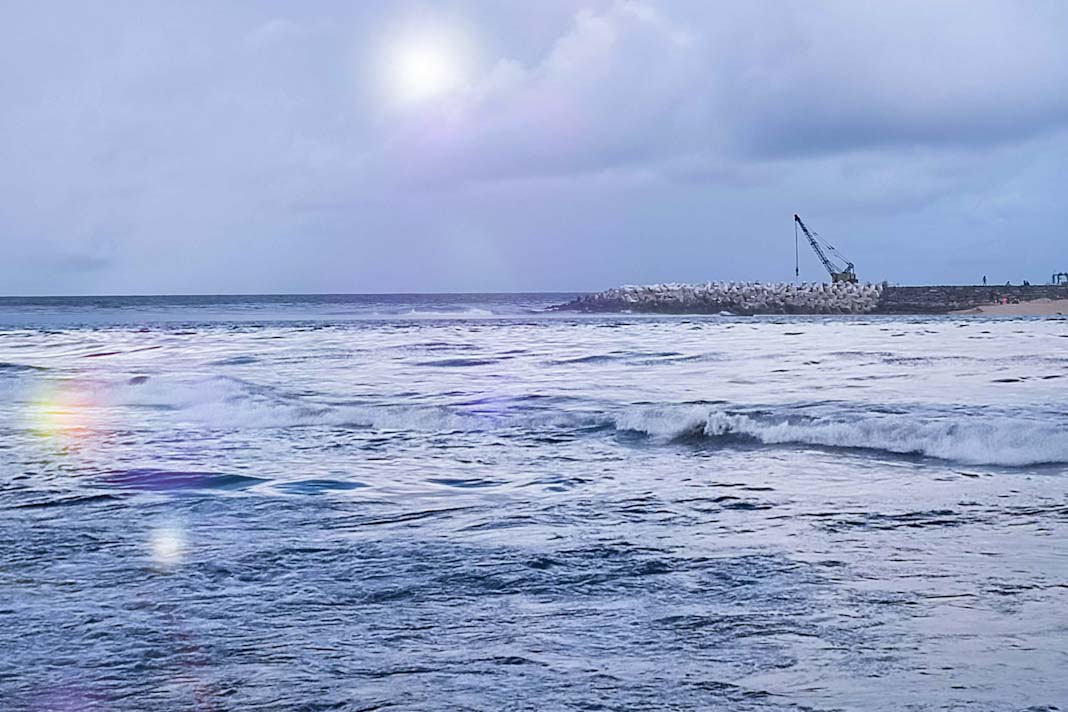
- WNTI and Nemo signed an MoU to promote international standards for nuclear-powered ships and transportable nuclear power plants (TNPPs).
- WNTI will focus on nuclear material transport and TNPPs, while Nemo will lead on ship regulation, design, and operation.
- The collaboration supports clean energy goals as the IAEA prepares to launch its Atlas programme to guide nuclear energy use at sea.
The World Nuclear Transport Institute (WNTI) and the Nuclear Energy Maritime Organisation (Nemo) have formalised a partnership to shape the future of nuclear-powered shipping and transportable nuclear power plants. Their newly signed memorandum of understanding (MoU) focuses on setting global standards and advancing regulatory frameworks to support safe, efficient, and sustainable nuclear maritime solutions, according to NucNet.
Defined Roles and Collaborative Focus
Under the MoU, WNTI will concentrate on the transport of nuclear and radioactive materials, as well as the deployment of transportable nuclear power plants (TNPPs). Nemo, meanwhile, will take the lead on issues surrounding nuclear-powered vessels—covering regulatory development, design innovation, and operational protocols. For floating nuclear power plants, both organisations will collaborate closely to ensure a unified approach.
A Timely Initiative Amidst Growing Global Interest
This collaboration comes at a critical juncture, as the International Atomic Energy Agency (IAEA) prepares to launch the Atlas programme. The initiative aims to support countries in creating robust regulatory guidelines for small modular reactor (SMR) transport and offshore nuclear energy deployment. With both WNTI and Nemo based in London, their alignment positions them as key players in shaping the global nuclear maritime agenda.
Addressing Emissions in the Shipping Sector
The maritime industry contributes approximately 2.9% of global carbon emissions, according to the International Maritime Organisation (IMO). Nuclear propulsion presents a promising zero-emission alternative to conventional fossil-fuel engines. Compact, emission-free nuclear systems could revolutionize marine transportation by aligning with international decarbonization goals.
Enabling Clean Energy Access Through TNPPs
Transportable nuclear power plants offer flexible energy solutions for areas lacking stable grid infrastructure or facing energy insecurity. Delivered via sea or land, these units provide reliable, clean electricity and can also produce high-temperature steam for industrial use. Applications include hydrogen production and seawater desalination, broadening the utility of TNPPs beyond power generation.
A Joint Vision for the Nuclear-Powered Future
By leveraging their respective areas of expertise, WNTI and Nemo aim to drive safe, innovative nuclear energy use both at sea and on land. Their partnership signals a growing global commitment to integrating nuclear technology into energy and maritime strategies for a sustainable, low-carbon future.
Did you subscribe to our daily Newsletter?
It’s Free Click here to Subscribe!
Source: NucNet















